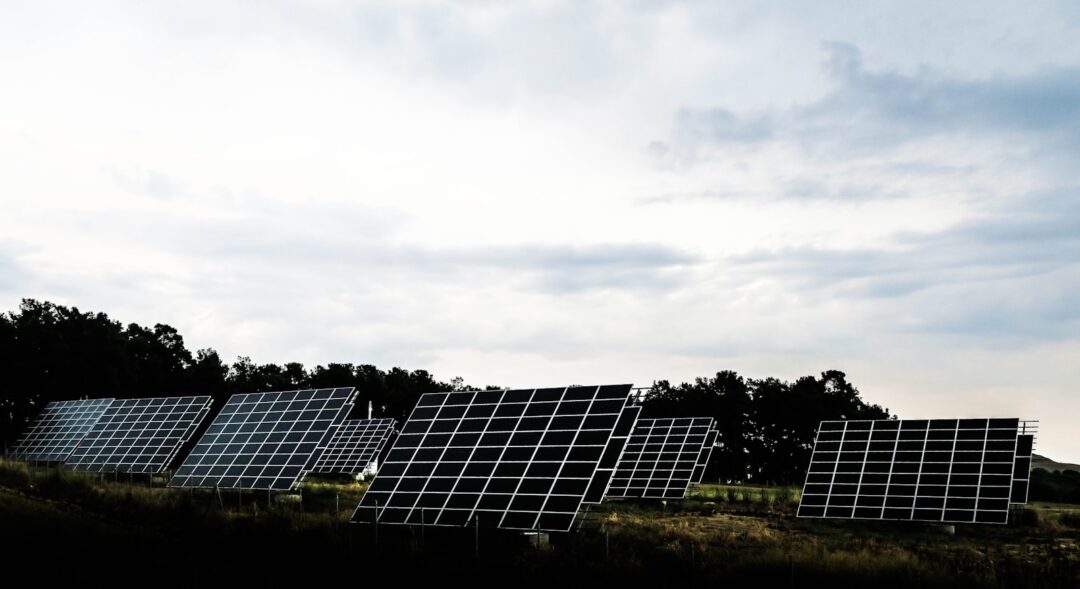The Role of LED Lighting in Sustainable Development
Introduction to Energy-Efficient LED Lighting
In the pursuit of sustainability, energy-efficient LED lighting has emerged as a crucial component of energy conservation efforts worldwide. With nations like Saudi Arabia and the UAE prioritizing green initiatives and environmental stewardship, the adoption of LED lighting technologies has become integral to achieving energy efficiency goals. By transitioning to LED lighting solutions, businesses and communities can significantly reduce energy consumption, lower carbon emissions, and enhance the quality of lighting while contributing to broader sustainability objectives.
Saudi Arabia’s commitment to energy conservation, as outlined in Vision 2030, underscores the importance of energy-efficient LED lighting in sustainable development. The kingdom’s ambitious goals for reducing energy consumption and promoting environmental responsibility align perfectly with the benefits offered by LED lighting technologies. By embracing LED lighting solutions, Saudi Arabia aims to create more energy-efficient urban environments, reduce reliance on traditional lighting sources, and mitigate the environmental impact of lighting infrastructure.
Similarly, the UAE has embarked on numerous green initiatives to promote energy efficiency and sustainability, with a particular focus on Dubai’s ambitious energy efficiency projects. The integration of energy-efficient LED lighting into urban planning and infrastructure development is a key strategy for reducing energy consumption and carbon emissions. By leveraging LED lighting technologies, Dubai aims to create smart and sustainable cities that prioritize environmental conservation and enhance the quality of life for residents and visitors alike.
Benefits of LED Lighting for Sustainable Development
The adoption of energy-efficient LED lighting offers a multitude of benefits for sustainable development and environmental conservation. LED lighting consumes significantly less energy than traditional incandescent and fluorescent lighting, resulting in lower electricity bills and reduced greenhouse gas emissions. This translates into substantial cost savings for businesses and municipalities, making LED lighting an economically viable and environmentally responsible choice.
Moreover, LED lighting has a longer lifespan and requires less frequent replacement compared to conventional lighting technologies. This not only reduces maintenance costs but also minimizes waste and contributes to resource conservation. In regions like Saudi Arabia and the UAE, where environmental sustainability is a top priority, the durability and longevity of LED lighting make it an attractive option for both indoor and outdoor applications.
Additionally, energy-efficient LED lighting offers superior lighting quality and control, enhancing visibility, comfort, and safety in various settings. LED fixtures can be dimmed, tuned, and programmed to meet specific lighting requirements, allowing for greater flexibility and customization. This versatility makes LED lighting ideal for diverse applications, including residential, commercial, industrial, and outdoor lighting, further supporting sustainability efforts across different sectors.
Executive Coaching and Change Management in LED Lighting Adoption
For business executives and municipal leaders, navigating the transition to energy-efficient LED lighting requires effective leadership and change management skills. Executive coaching services play a crucial role in guiding leaders through the complexities of implementing LED lighting solutions, fostering innovation, and driving organizational change.
In the Middle East, where energy efficiency and sustainability are paramount, executive coaching can help leaders develop strategic visions for LED lighting adoption and overcome resistance to change. This involves engaging stakeholders, building coalitions, and communicating the benefits of LED lighting in terms of cost savings, environmental impact, and quality of light. Effective change management strategies are essential for ensuring a smooth transition and maximizing the benefits of LED lighting for businesses and communities.
Furthermore, executive coaching can assist leaders in identifying opportunities for innovation and collaboration in the LED lighting sector. By fostering a culture of continuous improvement and knowledge sharing, organizations can leverage LED lighting technologies to drive long-term sustainability and business success. Through effective leadership and change management, businesses and municipalities can harness the full potential of energy-efficient LED lighting to create a brighter, more sustainable future for generations to come.
Conclusion: Advancing Sustainability with LED Lighting
In conclusion, energy-efficient LED lighting plays a vital role in advancing sustainability efforts and promoting environmental conservation. By embracing LED lighting technologies, nations like Saudi Arabia and the UAE can achieve significant reductions in energy consumption, lower carbon emissions, and enhance the quality of lighting across various applications. Through effective leadership, change management, and executive coaching, businesses and municipalities can capitalize on the benefits of LED lighting to create more sustainable and resilient communities.
#EnergyEfficientLED #LEDLighting #Sustainability #RenewableEnergy #SaudiArabia #UAE #Riyadh #Dubai #EnergyEfficiency #ExecutiveCoaching #ChangeManagement #EnvironmentalConservation

